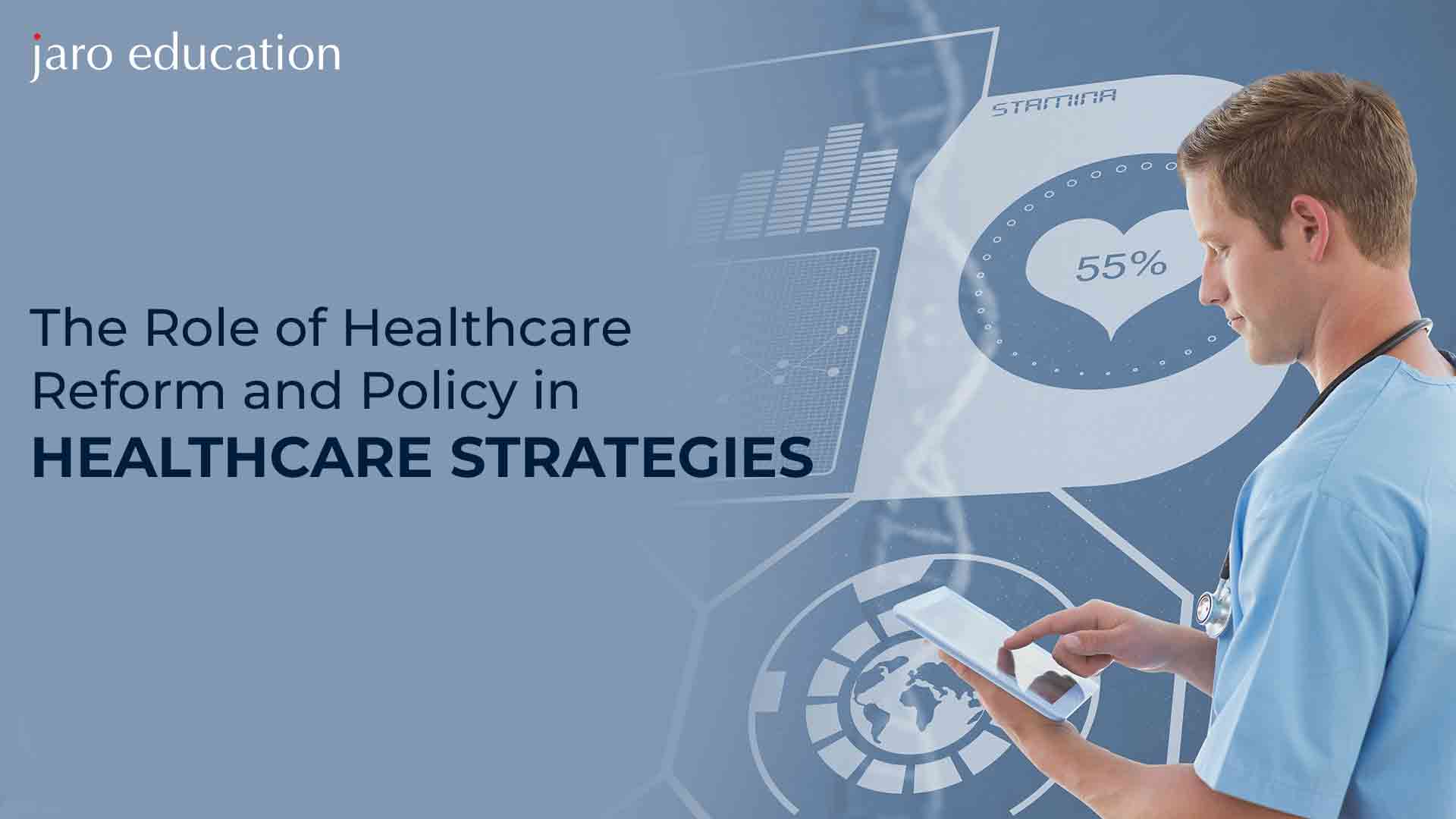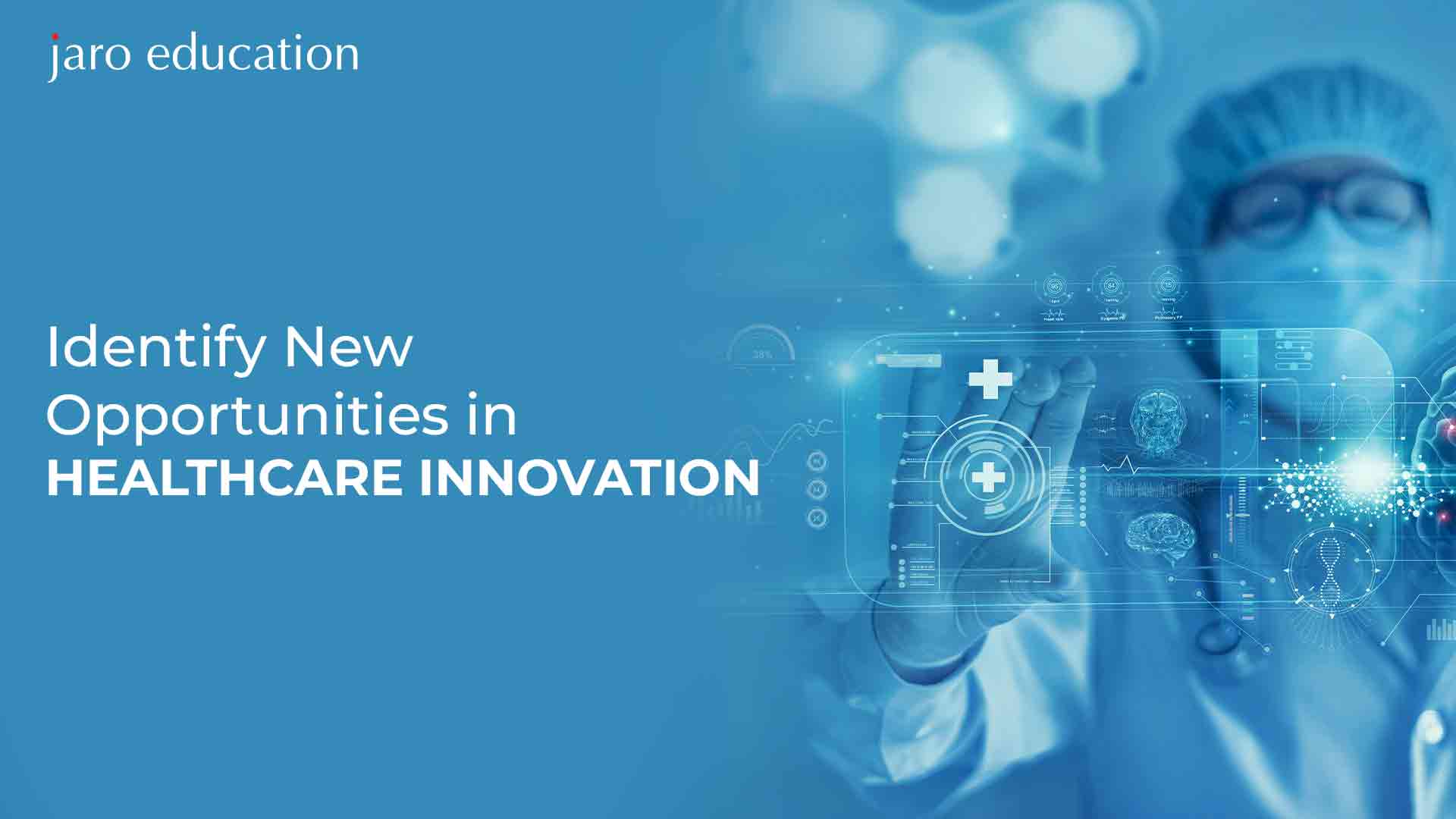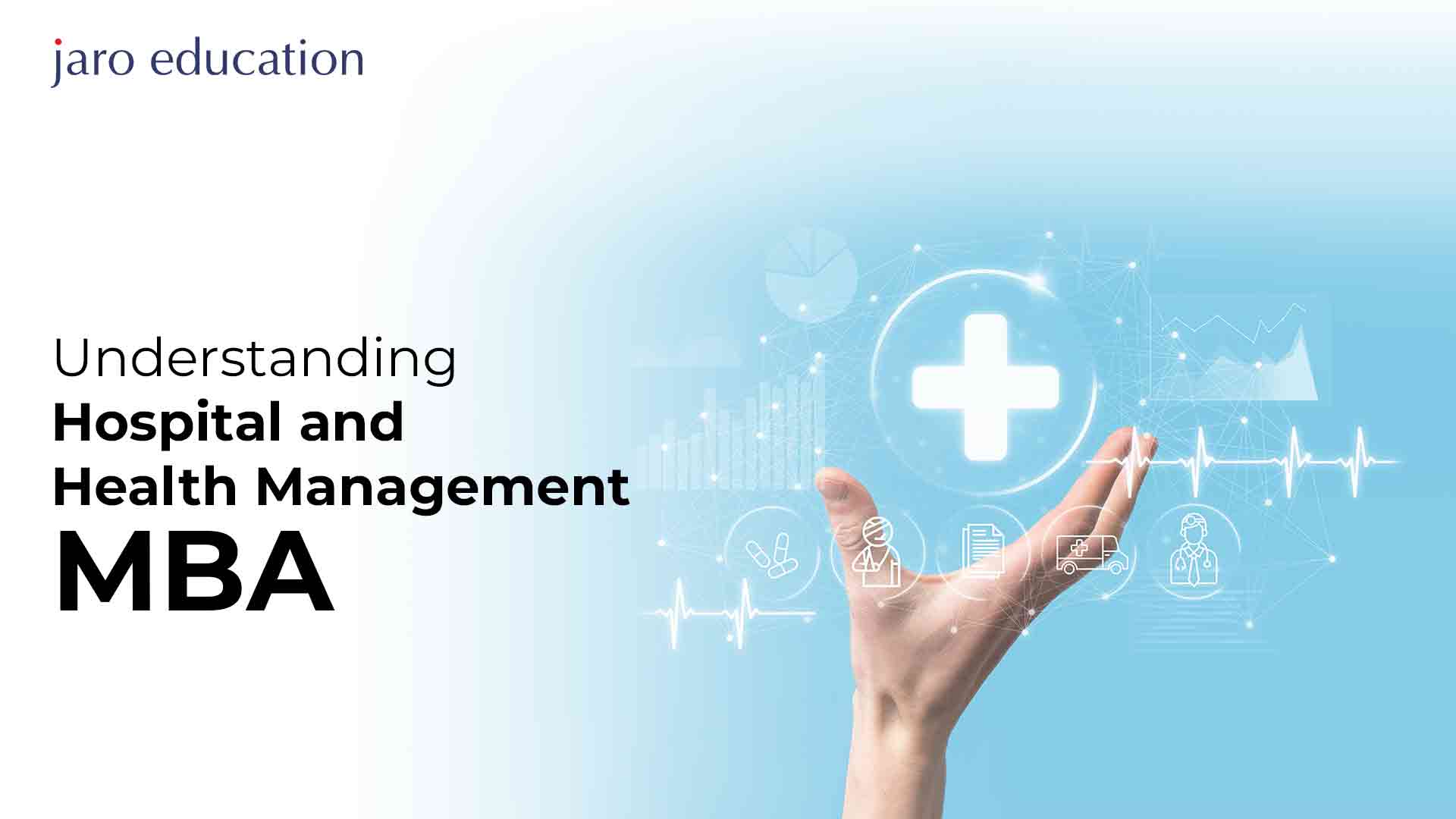Data Privacy in Healthcare: Protecting Patient Information and Compliance
Table of Contents
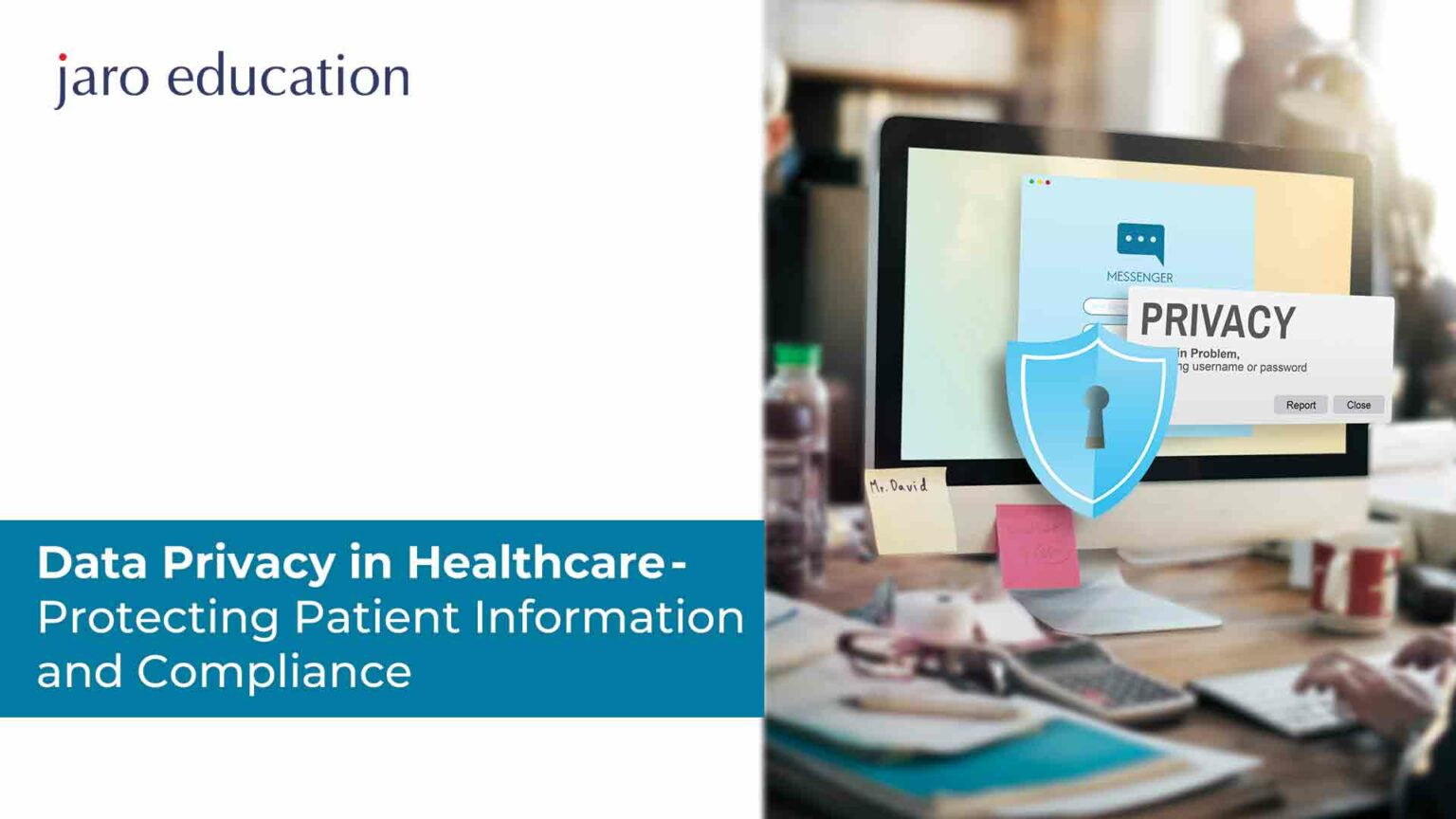
- jaro education
- 5, November 2023
- 11:09 am
Data privacy in healthcare deals with the accurate handling of sensitive patient data and safeguarding it from various cybersecurity risks.It also helps in the exchange, storage and management of data with third-party providers that are subject to acceptable compliance. Data privacy and data security work collectively to establish data protection in the healthcare sector that focuses on the right people. It usually involves collecting, managing, processing and sharing personal procedures and data. Patients can also gain control over their information to avoid being stolen or misplaced.
In the past few years, there has been a significant transformation in the data privacy and data protection environment, especially in the healthcare sector. If you’re looking for a course in health services management, then IIM Ahmedabad is offering an Executive Programme in Healthcare Services Management. It is a 6-7 months programme that helps managers and healthcare providers to equip adaptability to the changing requirements of the healthcare system and provide patient-centric care. To know more about this IIM Ahmedabad course, register with Jaro Education.
What is Data Privacy in Healthcare?
Data privacy in healthcare encompasses a set of regulations and laws that are aimed at ensuring that only authorised persons and organisations have access to patient data and medical information. It may also apply to an organisation’s methods for safeguarding patient health information and keeping it safe from malicious actors. Protected health information, also known as PHI, comprises data related to a patient’s name and address, social security number and birthdate of the patient, his psychological or other medical conditions and provided medical services. As a part of data privacy in healthcare, PHI must be secured.
What Data is Included in Data Privacy in Healthcare?
Data privacy in healthcare depends on various factors. Some of them are as follows:
- The kinds of software that medical organisations and facilities use.
- How patients get to know about their important data.
- The process of training employees in a medical facility.
- How medical organisations transmit, gather and manage information in the database.
PHI or Protected Healthcare information further includes data on:
- Medical recommendations or prescriptions for patients.
- Patients’ generic information and family history.
- The patient is offered both ongoing human assistance and health services that they have previously received.
Why is Data Privacy in Healthcare Important?
Almost every industry must safeguard sensitive client and customer data. In the healthcare landscape, data privacy is at the forefront of change that will continue to advance in parallel with technology. Data protection and data privacy are crucial since the healthcare industry handles a lot of sensitive and critical data, which leaves it even more vulnerable to hackers. For example, every day in healthcare facilities, staff members enter patient records like insurance claim credentials, patients’ medical history, payment card information and their security number which significantly increases the risk of data theft.
Thus, it is critical to safeguard the patients’ data so that it is out of reach of hackers seeking a means to steal the knowledge and trade it on the dark web. Any organisation would prefer to avoid a cyberattack since they can disrupt business activities in addition to the organisation’s prospective network.
Technologies to Protect Data from Hackers
There are different technologies which will provide much-needed security that the healthcare sector can use to protect sensitive data. These technologies include:
Data protection training
The organisation must manage a suitable training programme for all staff to understand how to secure data from being fraudulently distributed, destroyed and unlawfully transmitted. Employees should receive official, regulated training that makes them aware of their responsibility to safeguard data.
Authentication
Data authentication includes securing identities, protecting access to corporate networks and ensuring that only authorised users have access to the database.
Encryption
Healthcare providers should guarantee that the encryption should be safe and friendly to professionals and patients. The encryption technique must be expandable in order to digitally insert new healthcare data of the subject.
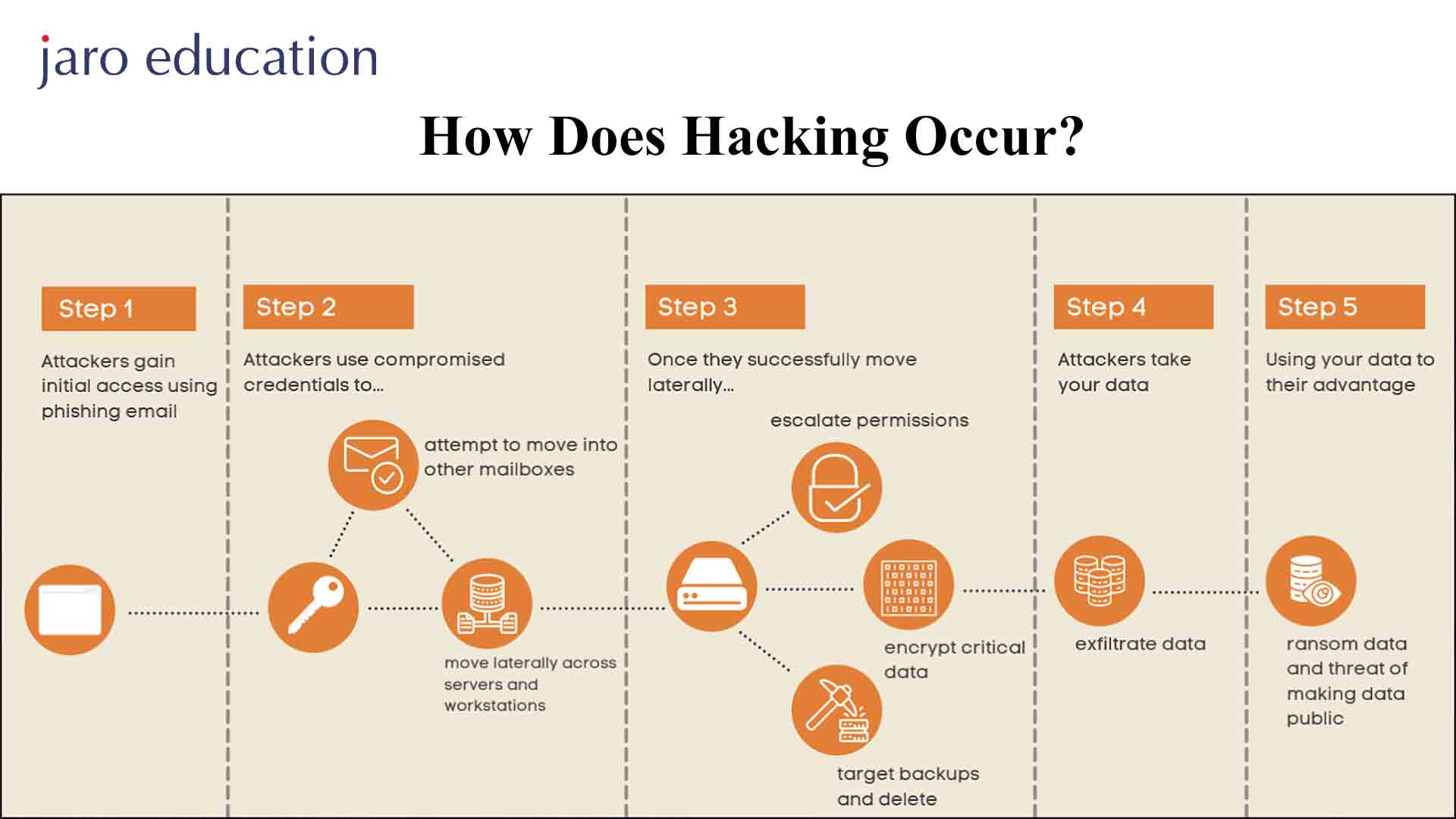
*axiom.tech.com
Data Privacy in Healthcare Rules & Regulations
To protect the data privacy in healthcare, various rules and regulations are present. Examples include the Health Insurance Portability and Accountability Act (HIPAA), etc .
HIPAA
The Health Insurance Portability and Accountability Act (HIPAA) was the first significant Act to secure patient data in healthcare. In 1996, the Act was first enacted. Its goal was to develop standards that would secure sensitive health information from being used without the patient’s permission or from being stolen. HIPAA is an initiative to regulate data privacy, which lets patients have more control over their data. For example, it lets consumers easily move records from one health plan or healthcare provider to another without fear of data being stolen by someone else or disclosed.
Health Insurance Portability and Accountability Act comprises both security and privacy rules:
- The security rule states that every health organisation should work diligently to keep patient data safe along with their medical records and other information. It also focuses on electronically sent healthcare information rather than verbally conveyed or paper-based data.
- The privacy guidelines specify the primary criteria for who can access patient data and what can be done with medical records.
Challenges of Data Privacy in Healthcare
There are several crucial challenges that data privacy faces in the healthcare industry.
- User Error in Technology Adoption: Patient user errors, such as leaving data in unencrypted cloud folders or sharing sensitive information via email, pose security risks. Best practices in healthcare data security involve responsible data storage and strong encryption, especially in email communication.
- Hackers: Healthcare hacking has become a significant concern, with even those with basic technical skills gaining access to sensitive patient and doctor information from the dark web. Hackers may exploit this data for various malicious purposes, often deploying specialised malware to disrupt systems.
- E-health Records and Health Information Exchange: Networks containing extensive medical data shared across multiple providers are attractive targets for data thieves. Such breaches can result in the compromise of sensitive patient information, including social security numbers and medical histories. Encryption is a crucial solution for securing Electronic Health Records.
- Obsolete Technology in Hospitals: Outdated technology in hospitals, which may no longer receive security updates, becomes vulnerable to attacks. Legacy systems may contain unpatched security flaws, posing risks to patient data. Data encryption is a safeguard against this threat.
- Mobile Applications: The widespread use of tablets and smartphones in healthcare settings, often handled by patients, can introduce security vulnerabilities. Users who neglect security precautions, like multi-factor authentication and avoiding public Wi-Fi, may expose medical data. Encryption of mobile apps is necessary to mitigate this risk.
- Insider Threats: Threats within healthcare organisations, such as disgruntled employees, can lead to data theft, network disruptions, or unauthorised access. Insider abuses include curiosity-driven access to irrelevant data and convenience-based circumvention of security measures. These threats can result in cybersecurity attacks or data breaches, compromising sensitive information.
Future of Data Privacy in Healthcare
Despite various challenges, data privacy in healthcare is going to be the latest trend with more distant data exchange. Furthermore, another altering development in healthcare data security is the increasing patient access. Telehealth, for instance, is a technological advancement that meets consumer demands for greater control and transparency over their medical records. It could be concerning to grant non-cybersecurity experts access to patient data; hence, data specialists need to offer a data access platform that takes into account users’ propensity for error.
Final Thoughts
Data privacy in healthcare is thus considered a blessing as it expands patients’ data access. But also, with the evolution of strong malware viruses, sensitive data can get breached if an employee opens a suspicious email. Thus, medical facility employees must be given data protection training.
There’s no better place to improve your professional opportunities in the rapidly expanding healthcare industry than IIM Ahmedabad’s Executive Programme in Healthcare Services Management. The nuances of healthcare services, industry-specific data privacy laws, and much more are covered in this rigorous, short-term training that will provide you with the necessary knowledge and abilities. Participate in learning activities such as interactive lectures, practical projects, and group collaboration activities. This programme is your key to gaining access to fascinating opportunities and having a significant influence in the fast-paced healthcare management industry. Don’t pass up the opportunity to succeed on this life-changing educational adventure.




